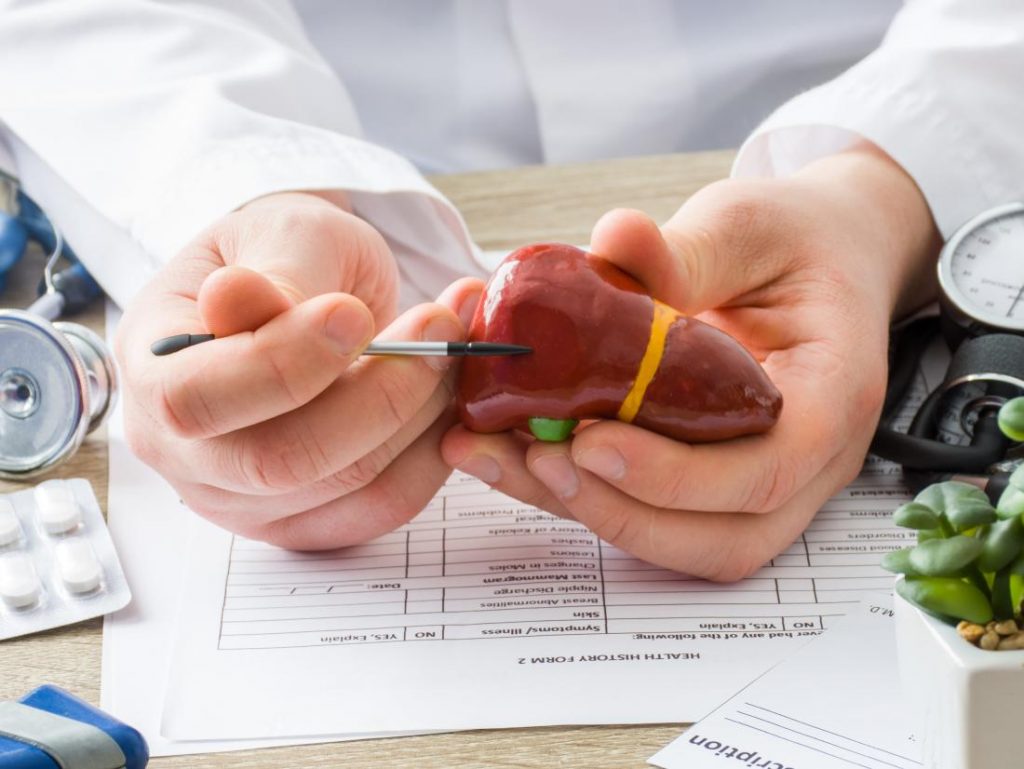Elevated liver enzymes can be a sign that a patient’s liver is not functioning as well as it should. Inflamed or damaged liver cells release enzymes into the bloodstream which can then be picked up by a blood test.
What are the causes?
There are a few reasons why a person’s liver enzymes may be elevated, and it’s important to ascertain which one applies. This may involve simply asking some questions about the patient’s lifestyle and dietary habits, or further tests may need to be undertaken.
Fatty liver disease is the most common cause of elevated liver enzymes. However, other health conditions that can bring about elevated liver enzymes include:
- Hepatitis
- Metabolic syndrome
- Excessive alcohol use, or drug use
- Cirrhosis, where the liver tissue is scarred
What are the less common conditions to look out for?
Some conditions are less common, but can also lead to elevated liver enzymes. These include:
- Autoimmune hepatitis
- Celiac disease
- Infection with the Epstein-Barr virus (a type of herpes)
- Hemochromatosis (when the body absorbs too much iron)
- Liver cancer
- Mononucleosis
- Sepsis, or blood poisoning
- Wilson’s disease
- Polymyositis, which involves inflammation of the muscles
Elevated liver enzymes are themselves asymptomatic, but the conditions that are causing the elevation can have a range of symptoms from mild to severe. Certain medications, including some statins and pain relievers, can also cause elevated liver enzymes.
A common or temporary problem with the liver – or something more serious?
Designed specifically for nurses and front line allied health professionals, PDUK provides a couple of very popular courses covering this area of clinical study. Both are being offered online, making them an easily accessible option for individuals looking to gain additional CPD hours from home.
The Advanced interpretation of blood results in clinical practice course builds on the fundamentals of interpreting blood tests and provides an advanced understanding of essential blood results. It’s ideal for healthcare practitioners who are already comfortable with basic blood tests and are looking to develop their skills further. It’s a 2-day course worth 14 hours of CPD and is offered on the 4th – 5th November 2020 and repeated on the 17th – 18th March 2021.
The second course is An introduction to basic haematology and biochemistry investigations. Also a highly interactive, flexible programme, it provides a firm foundation for understanding essential blood results. It’s a 1-day course worth 8 hours of CPD, and is set to run on the 2nd December and again on the 20th April 2021. All course materials are provided so get signed up today before places run out!


